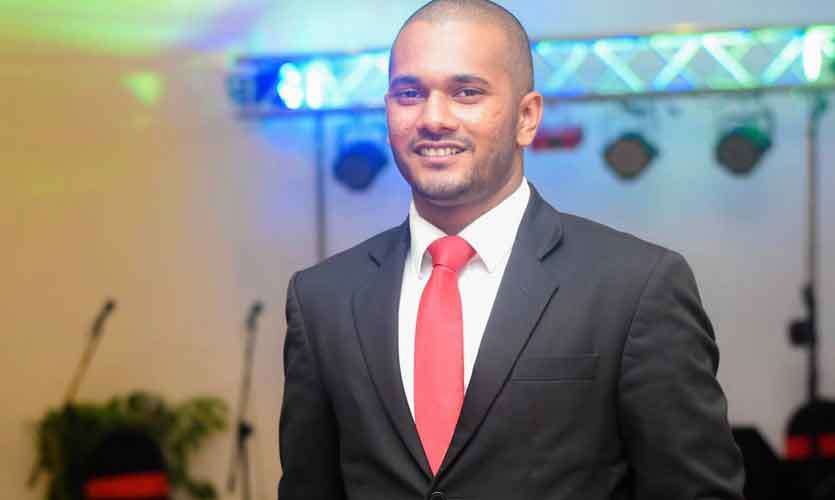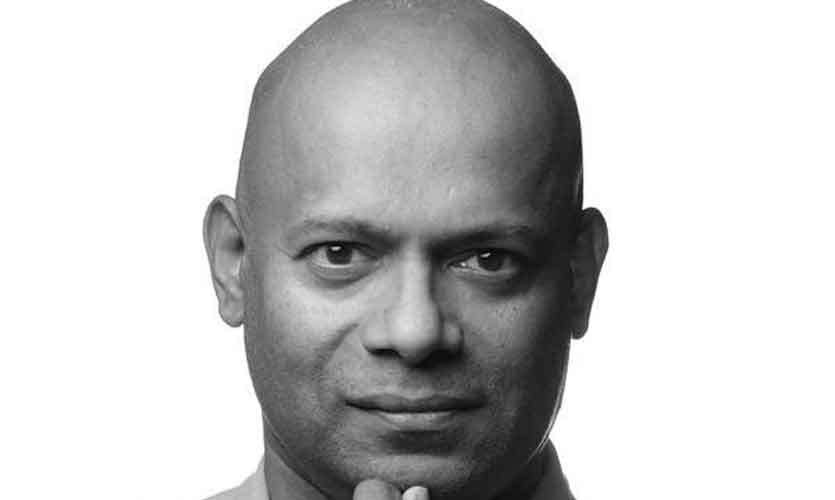
Jul 17 2019.
views 151Gone are the days when youngsters reported to work on time. On the other hand we are moving towards an age where parents feel that it’s alright for their children to be someone other than a doctor, lawyer, engineer or teacher. Things have gotten flexible with global trends and many opt to find a living from home. Or they opt for unconventional careers that don’t involve much paper work and formalities. This is how bloggers, photographers ,make up artists and fashion designers have become popular careers today. With creativity becoming a major component, those who excel in art and creative thinking have potential to sustain in their careers. So if you were one of those parents who rolled their eyes when your kid said that he/she wants to study art or any sort of designing, think again.
With machines taking over, many jobs, such as that of bank tellers maybe on the decline, with youngsters too choosing less traditional careers.
Trending unconventional careers
Real estate agent: this is a round-the-clock career and you can work as per your client schedule.
Web designer: with the growing online industry, the demand for web designers is high.
Personal trainer: this career keeps you on the go and you need to meet your clients face-to-face.
Blogger/Vlogger: blogging has become the IT thing today, whether it’s a food review or an update about any trending item. On the other hand, video blogging – popularly known as Vlogging has become even more popular nowadays.
Makeup artist: this has become another trending career especially for most girls and few guys and it does seem to be on demand.
Travel guide: this is a career for those who love to travel, explore and meet new people. But added to it is that you have to be responsible for your group and make sure you give many plus points to your country.
Photographer: many youngsters love photography and try to specialise in different avenues such as wedding photography etc as it has emerged into a career that gives you a good pay.
Hence the Daily Mirror Life spoke to a few individuals involved in different careers and here’s what they had to say about the demand among the youth to be involved in such careers :
“There are very few licensed tour guides who are 30 or below. In order to be a tour guide in Sri Lanka you need to have a licence. This is for the job security. When young people see what we do they think it’s easy but it comes with a lot of commitment. I sometimes work with people double my age and they have seen most of the world. So we need to impress them all the time. A tour guide has to read and brush up their knowledge all the time because if a tourist asks a question and if we give a false answer, it’s a negative mark for the country. When I was doing my course I remember that there were only about five or six young people. Once you become a tour guide, it’s a different life altogether. But I must say that it’s one of the luckiest jobs to be in.” – Heshan Wickramathilake, National tour guide

“I think everyone wants to be a photographer and graphic designer, but most of them don't do it professionally due to lack of knowledge and understanding. Even teachers in photography and graphic designing don't have a better knowledge in both. Creativity comes from individuals, but education, knowledge and understanding matter. These are professional jobs so one needs to know the right tools and methods. It’s important to do quality work and meet industry standards. I see many youngsters involved in photography and graphic designing, especially in Sri Lanka but they lack professional knowledge.” – Oscar Nonis, professional photographer and graphic designer

I think there is a bigger interest for creative careers than there was, say 10 years ago. There are two sides to that story though. One is that parents have become more relaxed in letting their children pick their own path, which is definitely a plus point. And there is a bigger market for the creative folk than ever before. For example, if you compare the commercials and promo work in the 2000s with the 2010s, there is a huge development in terms of creative storytelling, humour and production quality. So the market has also evolved for the creative careers .
However, there is also a negative side. For an example, let’s take the photography industry; it seems most youth head towards photography these days since they think it’s a) Easy money and B) All you need is a good camera. They have also saturated the industry and made it difficult forprofessionals because people will also go for the cheaper option even though the slightly expensive professionals do a much better job on the final output.Because of this, the creative world has become unnecessarily competitive on certain lines of work. This is a bad sign for the industry, as creativity comes out best with time and passion. Creativity comes from your heart and soul. Its not an on-off switch.” – Lahiru Fernando, owner of a startup

“Fashion design has become one of the most sought after careers and education preferences amongst youth owing to a boom in the awareness created by the garment export industry, schools and many shows. Yes it can be a highly lucrative career option with many possibilities with a high level of income and inclusiveness in society. Yet it is a very expensive course of study globally. On a positive note, it can open many doors but on a negative note, it is very subjective. Your creativity is a subjective aspect of how you represent yourself and how people receive it. If the students are taught to balance this I believe we will be seeing many more successful fashion designers out there. I believe we still have a gap to fill. Especially in high-end design as most schools prefer to focus on teaching students to function in a job role rather than as a creative entrepreneur or a creative director for a fashion brand. But, it’s exciting to see how fast this industry has been growing for the last 20 years.” – Yasisurie Kiribandara, Founder/ Fashion designer at Yasisurie Kiribandara Bride and Couture

“Sri Lanka has a fantastic track record of putting on great shows. We have brilliant actors, young and old, and talented producers and production crews with a lot of experience under their belt. I've taken part in a few and I'm grateful to say I have performed in roles that I would only be able to dream of performing in any other part of the world.
I've been asked by many if I get paid for taking part. The answer is no. I go in understanding that the economics of putting on large productions are costly and I perform mostly with an amateur production company that as a policy do not pay their performers and crew. This is fine with me as I have a day job and can support my love for the performing arts.
The younger generations now are more inclined towards careers in the creative world. The era of people wanting to do 9 to 5 jobs is ending slowly but surely. Quality of life and existentialism is gaining momentum. There are many young people who want to have careers in the performing arts. The way things are right now they, the younger generation, cannot make a living in English theatre. It does not pay.
Sri Lanka suffers from talent drain. All the talented and financially able individuals leave the country as there is no way to earn in Sri Lanka. The talented and not financially able are doomed to make a living in conventional jobs and spend what they earn to be a part of English theatre. As most productions start rehearsing 5 to 6 months in advance, the commitment of time and individual expenses to get to practice plus food for the day is on the individual. This adds up to quite an amount and for young people who do not earn a lot, this can mean their entire monthly salary goes to support their love for performing. Most need their immediate family to support them which puts the financial burden on them too.
How is this fair? Why is it acceptable? Yes, it's easy to say if you can't handle it don't join. That's exactly what the industry is saying now. It's been happening this way for so long why change what's worked? Because cost of living is ridiculous in this country. That's why. An individual has to willingly sacrifice his or her meager earnings to take part in a production that does not give them anything substantial back. Experience and exposure are wonderful but what do you use this experience and exposure for? We don't have an industry that pays for or recognises what you gain from performing. Furthermore, the performers and their immediate families must pocket out to go see the production.
The time has come where production companies have to start budgeting remuneration for their performers. If this means ticket prices must go up and licensing must be adjusted then that's what they're going to have to do. We know that there is a demand for good productions. We know people pay high prices for tickets for professional theatre. The entire financing structure and process must change. As harsh as it may sound, what's happening to the young performers right now is exploitation.” – Kumudini David, theatre artiste and performer

0 Comments